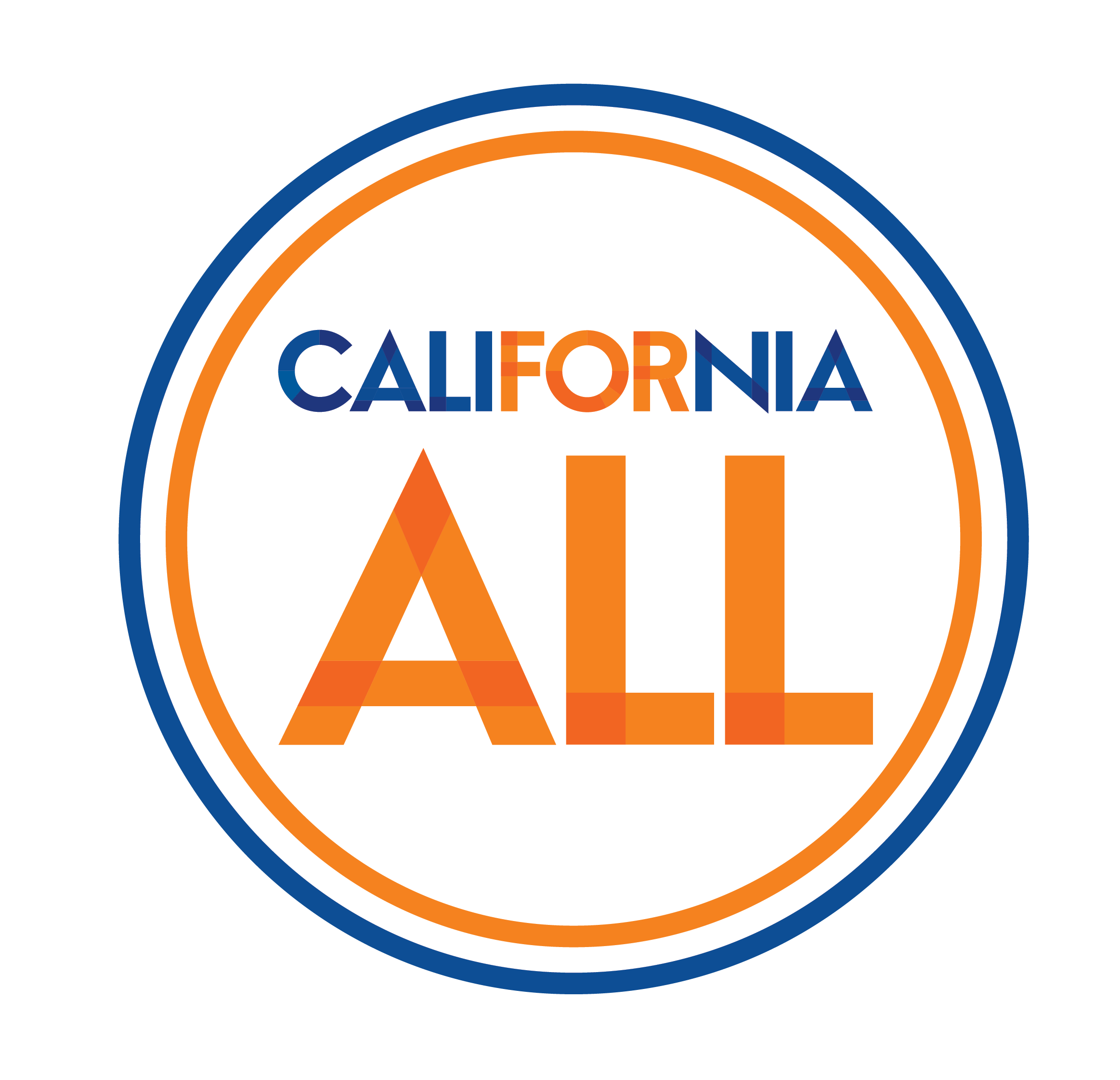Why am I being warned about potential exposure to chemicals in certain foods and beverages sold or served by restaurants and other food facilities?
- Certain foods and beverages contain chemicals that are on the Proposition 65 list because they can cause cancer and/or birth defects or other reproductive harm.
- Proposition 65 requires businesses to determine if they must provide a warning about exposure to listed chemicals.
Certain foods and beverages sold or served by restaurants and other food facilities may expose you to the chemicals listed below.
These chemicals are often present in comparable foods and beverages that you may prepare at home or purchase at a grocery store. Proposition 65-listed chemicals commonly found in such foods and beverages are:
- Acrylamide. This chemical is formed in certain plant-based foods during cooking or processing at high temperatures, such as frying, roasting, grilling, and baking.
- The highest amounts of acrylamide can be found in french fries and potato chips.
- Acrylamide can also be found in other fried snack foods, roasted asparagus, canned sweet potatoes and pumpkin, canned black olives, roasted nuts, roasted grain-based coffee substitutes, prune juice, bread crusts and toast, certain breakfast cereals, crackers, cookies, and baked snack foods.
- Alcoholic beverages. These can increase cancer risk and, when consumed during pregnancy, can cause birth defects.
- Bisphenol A (BPA). This chemical is used in some coatings for cans, jar lids, and bottle caps. BPA is also used in some polycarbonate plastic bottles and other food contact items. However, the use of BPA in these items is decreasing.
- BPA can leach into food or beverages from some linings in metal food and drink cans, jar lids, and bottle caps.
- BPA is found in some water bottles, water cooler bottles, dishes and utensils, cookware, food storage containers, and electric kettles. Use of these products can cause the BPA to enter the foods and beverages.
- Mercury. This metal that can accumulate in certain types of fish and seafood.
- Fish that tend to have the highest levels of mercury include: king mackerel, shark, tilefish (from the Gulf of Mexico), swordfish, marlin, bigeye tuna, and orange roughy.
- Other chemicals that may also be present in some foods and beverages include:
- Di(2-ethylhexyl)phthalate (DEHP) is a type of phthalate added to many plastics to make them flexible. DEHP has been found in some foods that have been in contact with plastics during processing and packaging, because it can be gradually released into certain foods and beverages.
- Lead is a metal found in certain balsamic vinegars.
How can I reduce my potential exposure to chemicals in certain foods and beverages sold or served by restaurants and other food facilities?
- Try to order fresh, rather than packaged, foods and beverages in restaurants. Ask your server for help choosing fresh menu items.
- Select fish and shellfish wisely in restaurants. Choose types that are lower in mercury, such as salmon, trout, tilapia, cod, sole, sardines, shrimp, oysters, and other shellfish. Pregnant women and young children should be especially careful not to consume more than the recommended daily amount of fish that may contain mercury.
- Limit your consumption of fried and grilled foods. For example, choose mashed potatoes instead of french fries.
For more information:
General Fact Sheets and Resources
- US Department of Health and Human Services (HHS)
National Institutes of Health (NIH) - US Environmental Protection Agency (US EPA)
- California Environmental Protection Agency (CalEPA)
Office of Environmental Health Hazard Assessment (OEHHA)
Proposition 65
- California Environmental Protection Agency (CalEPA)
Office of Environmental Health Hazard Assessment (OEHHA)- Proposition 65: Background
- Proposition 65: The List of Chemicals
- Proposition 65: Fact Sheets




